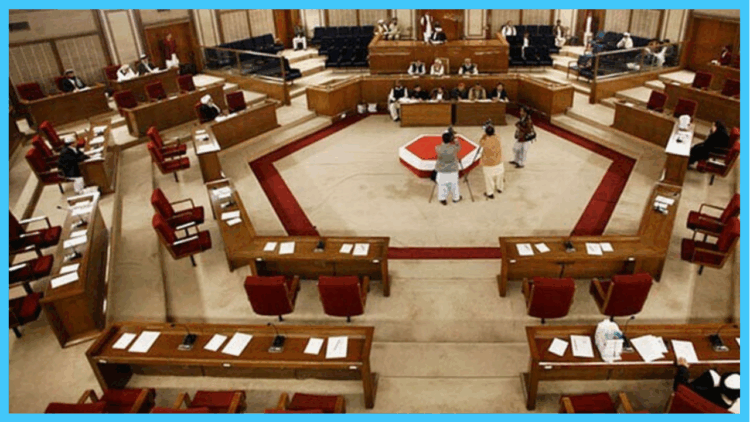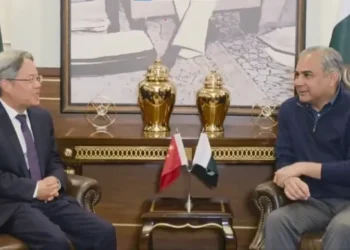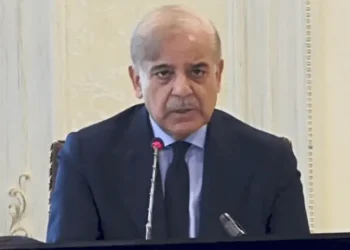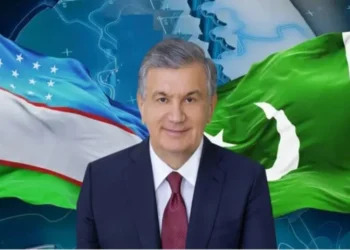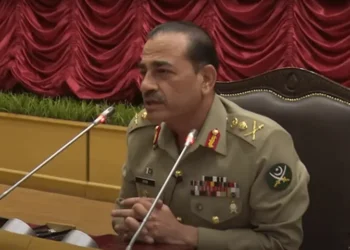ISLAMABAD; The Supreme Court of Pakistan has dismissed Balochistan government’s appeal against a 2023 verdict of the Balochistan High Court that declared the appointment of provincial government spokespersons and coordinators unconstitutional and illegal.

A three-member bench, headed by Justice Muhammad Hashim Kakar and comprising Justice Ishtiaq Ibrahim Khan and Justice Ali Baqar Najafi, heard the case in Islamabad. The appeal was filed by the Advocate General on behalf of the provincial government.
The case originated from a constitutional petition filed by senior lawyer Abdul Sadiq Khliji before the Balochistan High Court. In July 2023, the court had struck down the appointments of government spokespersons and more than two dozen coordinators, terming them unlawful political appointments made without any legal framework.
The high court, led by Chief Justice Naeem Akhtar Afghan and Justice Amir Nawaz Rana, had also directed the provincial Services and General Administration Department (S&GAD) to immediately withdraw all perks, privileges, offices, and vehicles extended to these appointees.
Among those affected were official spokespersons Farah Azeem Shah and Babar Yousafzai, along with nearly 26–32 coordinators appointed during then-Chief Minister Mir Abdul Quddus Bizenjo’s tenure.
During Tuesday’s hearing, the Advocate General argued that the high court had interfered in the executive’s discretionary powers. However, the apex court found no merit in the appeal and upheld the BHC ruling, reaffirming that political appointments without statutory cover cannot be sustained.
With the Supreme Court’s dismissal, the BHC’s earlier order remains fully intact. This means that:
- The offices, perks, and official vehicles previously allocated to the spokespersons and coordinators will remain withdrawn.
- The verdict reinforces the principle that provincial governments cannot bypass legal provisions to create political offices or confer state privileges arbitrarily.
This ruling is expected to have long-term implications on how future provincial administrations attempt to appoint political aides, advisors, or spokespersons without legislative backing.




















































